How do we know if we are stressed?
There is a lot of talk about stress, both in peoples’ personal lives and work lives, but what exactly is it, how to we identify it, and is all stress bad?
According to MIND UK, there’s no medical definition of stress, and healthcare professionals often disagree over whether stress is the cause of problems or the result of them. Mental Health Ireland, defines stress as “the way you feel when you’re under abnormal pressure.”.
We all know being under a certain amount of pressure is considered to be a normal part of life in today’s world and stress isn’t always bad. Stress is the result of adverse or demanding circumstances. In small doses, it can actually help you improve your performance and motivate you to do your best. But if you find you become overwhelmed by stress, or you feel the negative effects of stress quite regularly, these feelings could start to be a problem.
Chronic stress can disrupt nearly every system in your body. It can suppress your immune system, upset your digestive and reproductive systems, increase the risk of heart attack and stroke, and speed up the aging process.
The signs for stress can vary considerably for each individual, below is an overview of some of these symptoms: It generally manifests in three forms.
Physical in the form of headaches, nausea and indigestion. Stress can make you breathe more quickly, perspire more, have palpitations &/or suffer from various aches and pains
Emotional aspects of stress can include feelings such as anxiety, fear, anger, frustration and depression, loneliness with an inability to enjoy yourself.
Behavioural - you may become withdrawn, indecisive or inflexible. You may not be able to sleep properly. You may be irritable or tearful all the time, bite your nails, or struggle to maintain a balanced diet or regular eating pattern.
Stress can have a massive impact on a person’s life, and the effects are often extended to family, friends and work colleagues.
However, as the negative effects of stress on individuals and the wider population is becoming increasingly evident, there is growing focus on improving and supporting mental health in the workplace. Practises such as mindfulness and meditation or guided breathing, workplace wellbeing days, and having nominated mental health champions in the workplace, are all becoming more commonplace.
And never forget, simple practices can help such as Taking 15 have proven wellbeing benefits; Take 15 is Aramark’s annual campaign to encourage everyone to Take 15 minutes away from phone calls, computers, TVs, and smart phones to unwind and recover from work stress. Take 15’s goal is to help encourage positive Mental Health for everyone in the workplace/study environment.
For more information on mental health see links below:
Email: info@mind.org.uk
Contact number: 0300 123 3393
Text: 86463
Mental health Ireland
Email: Info@mentalhealthireland.ie
Contact number: 01 284 1166


